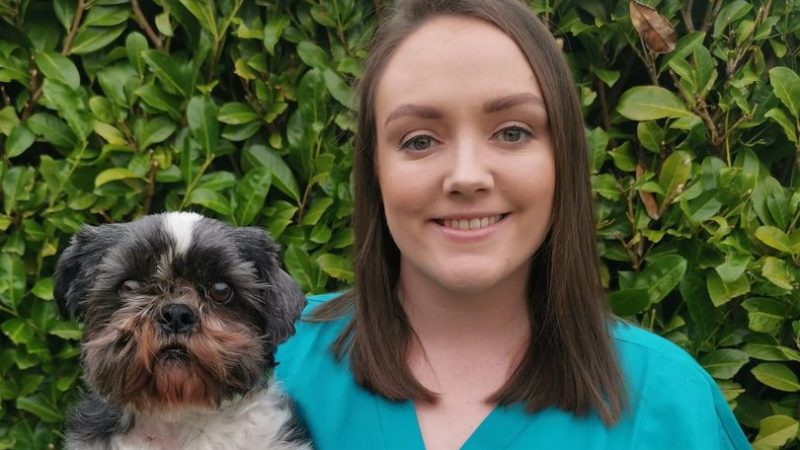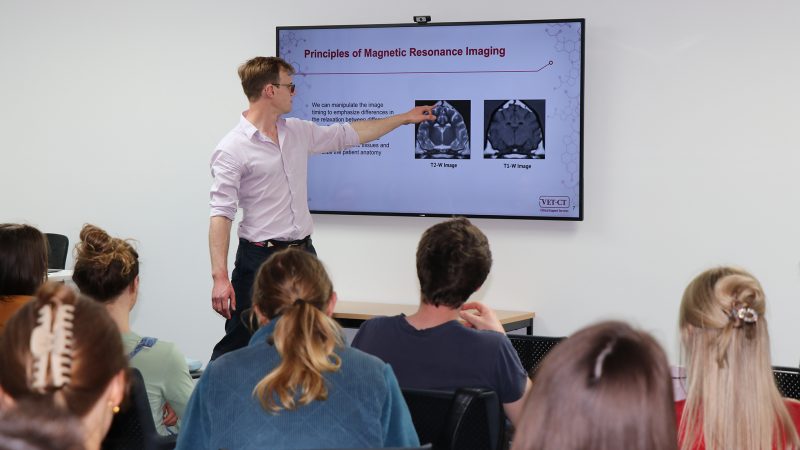Transparency key in use of AI, says RCVS chief

RCVS chief Lizzie Lockett has said transparency will underpin how the profession regulates the use of artificial intelligence in the future.
Liz Barton MRCVS, Head of Communications at Vet.CT, told a roundtable event about the application of AI in clinical practice, including in preventative medicine, diagnostics, treatment and prognostics.
Liz highlighted how the use of AI tools in clinical practice for tasks such as pattern recognition had led to many unforeseen and unexpected benefits, for example by picking up things that humans may not.
Dr P-J Noble, Senior Lecturer in Small Animal Science at the University of Liverpool, explained how AI tools had proven useful in processing, assessing and annotating qualitative data gathered through the university’s Small Animal Veterinary Surveillance Network , while Dr Chris Trace MRCVS, Head of Digital Learning at the University of Surrey, spoke about AI use in higher education and how it has already started to be used as a teaching and learning aid, as well as for assessment and feedback.
In the afternoon session, groups of delegates were asked to discuss practical questions over AI use in the veterinary professions and how it might be regulated.
Lizzie said: “This was a really positive and exciting event that involved a heady mix of trepidation over the risks and implications of AI now and into the future, and optimism over the beneficial impact it could have for education, diagnosis, treatment and patient outcomes.
“The discussions have certainly given us at the College a lot of food for thought on how we can put in place guardrails and guidelines on the appropriate use of AI in the veterinary sector.
“This is an area of technology that is evolving so rapidly that it would not be effective for us to put in place specific guidance for the use of AI tools, but instead we will be looking at how we can regulate the use of AI in the round and ensure our principles are sufficiently future-proofed to keep up with the pace of change.
“Any regulation will start with first principles, such as transparency and honesty around the use of AI in veterinary practice, the minimisation of potential risks, and the continuing importance of professional accountability for decision-making, even where such decisions may have been heavily influenced by the use of AI tools and AI-generated data.”
The input gathered from the roundtable will now be considered by a range of RCVS committees over the coming months and a full report will be published this summer.







